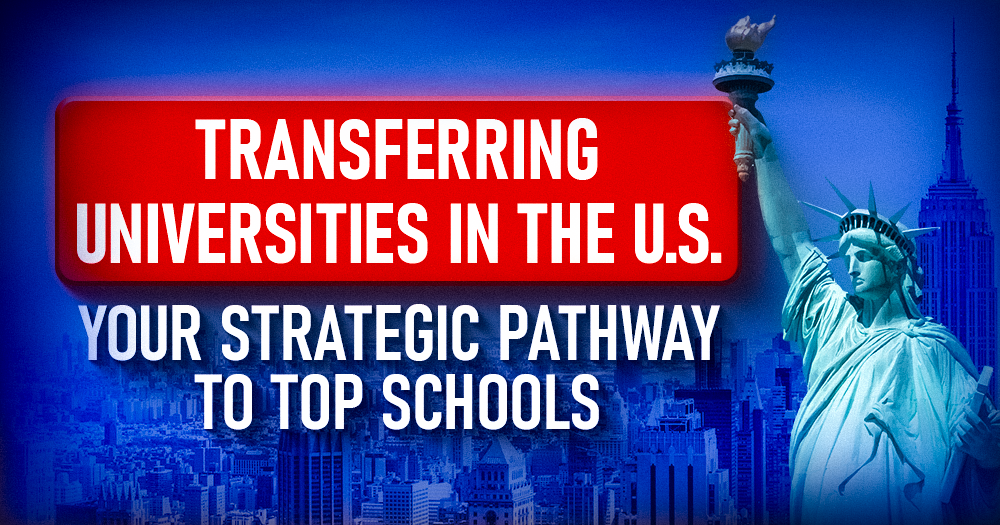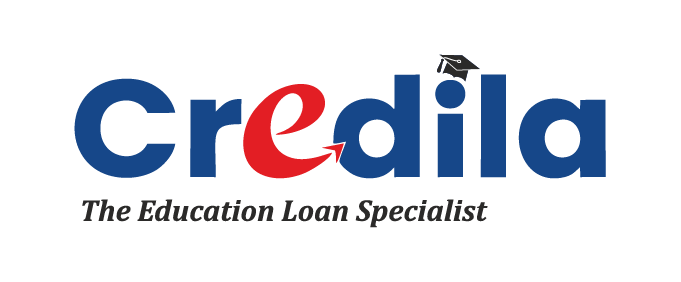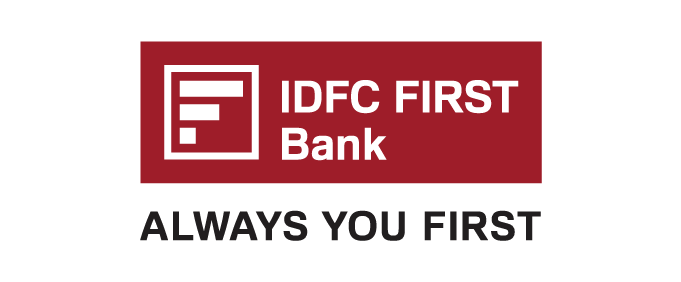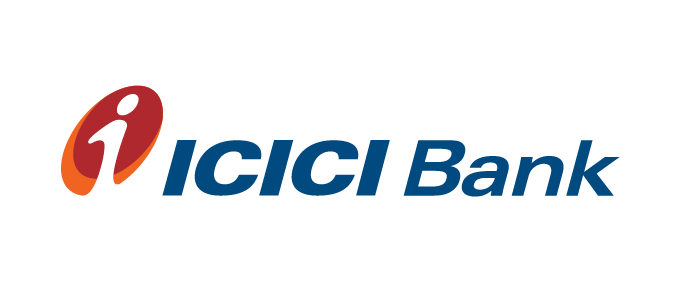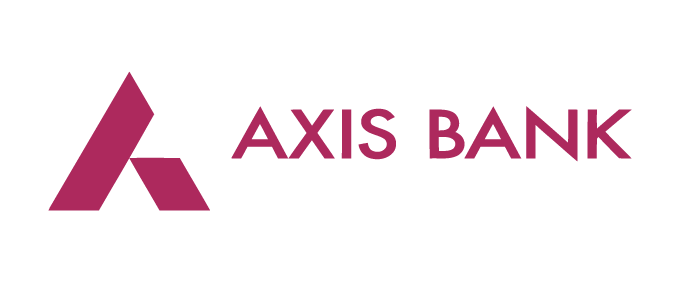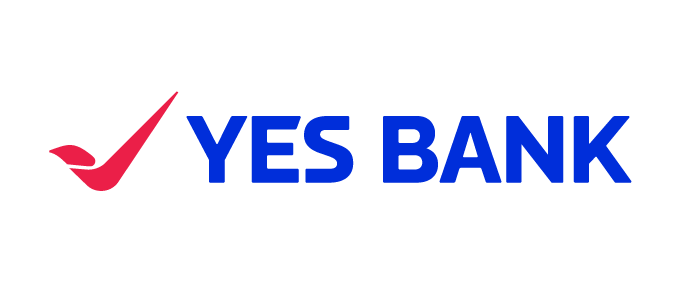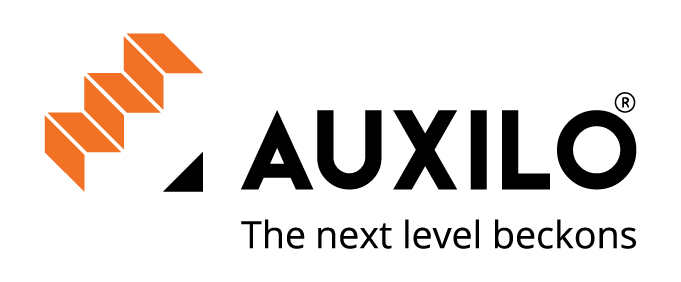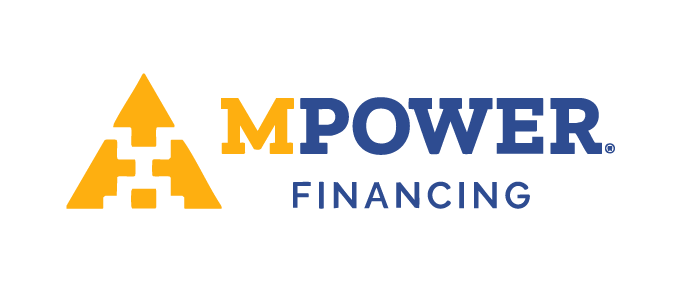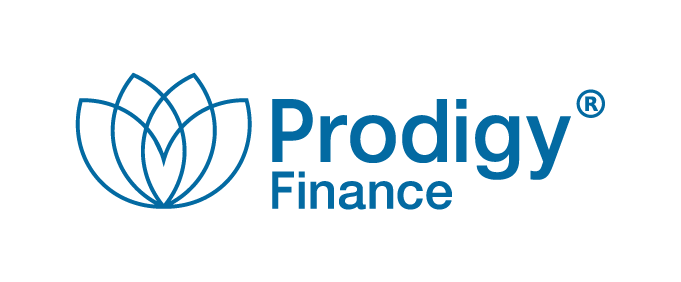If you are seeking permanent residence in Canada after the completion of your studies, you will find the following information useful
Canada is known for its high quality of life, excellent education system, and a welcoming attitude towards immigrants from all over the world. As a result, obtaining Permanent Residency (PR) in Canada can be beneficial for anyone looking to live and work in a country that offers diverse opportunities and a safe environment to raise a family. PR holders in Canada have access to a range of benefits, including access to healthcare, social services, and employment opportunities. Additionally, Canada’s PR program is designed to help newcomers integrate into Canadian society, providing them with the necessary support and resources to succeed in their new home.
What is Canadian Permanent Residence Permit?
Following the completion of their studies in Canada, some international students may want to live in Canada permanently. The move to make Canada their home is possible through the Canada permanence residence (PR) permit. Students who have had some link with Canada – in the form of work experience or educational background – can apply for a Canada PR visa. What makes Canada one of the most sought-after countries students want to live in is predominantly due to the variety of immigration programs that it offers.
Pathways to Acquire Canadian PR Permit
There are different pathways an international student can consider when choosing to apply for a PR in Canada.
One of the first steps towards securing the PR visa is to get work experience within Canada; and for being able to work, one must have a Postgraduate Work Permit. In order to become eligible for the PGWP, a student must fulfil certain Canada PR requirements and criteria. They should be of 18 years of age at the least, have a Canada student visa, and have studied in a program from a DLI for a minimum of eight months in Canada. In addition, they should have applied for the Work Permit visa within 180 days of the completion of their program.
Once students have acquired considerable work experience within Canada, they can apply for PR visas. Some of the Canada PR visa programs international students can apply for include:
1. Canadian Experience Class
Those looking to secure a Canadian Experience Class should have acquired minimum of a year of full-time skilled work experience in Canada. This would not include any work experience that a student gained during the time of their education. Therefore, it becomes essential that international students looking for a Canadian Experience Class get a PGWP after the completing of their program of student and then go on to apply for a Canadian Experience Class.
2. Provincial Nominee Programs
A Provincial Nominee Program can be applied to by students who wish to get a PR visa for a specific province of territory within Canada. For exact details about which territory of province has what requirements, students will need to check the respective guidelines.
3. Federal Skilled Worker Program
If a student doesn’t have a work experience, they can consider the option of a Federal Skilled Worker Program; as this pathway doesn’t require a student to have prior job experience.
4. Quebec Immigration Options
Students looking for PR in Quebec must note that the immigration rules here are independent from other provinces. There are two divisions within the Quebec Immigration Options category students can look into while applying for a permanent residence.
– Quebec Experience Program
Quebec Experience Program is applicable for students who have pursued their choice of program in school, institution, or university in Quebec or about to complete their program in the following six months. Another eligibility for PR in Canada for anyone applying for a Quebec Experience Program is that they should have skills in the French language.
– Quebec Skilled Worker
Quebec Skilled Worker is applicable for students who have either finished their program or will do so in the following six months from an institution in Quebec are not required to prove their skills in French.
NOTE: If an international student is looking to acquire a work experience with incomplete studies (having quit their education midway) will have to provide a notification to the Immigration, Refugees, Citizenship, Canada and apply for a Labour Market Impact Assessment. However, for getting a Labour Market Impact Assessment, a student must hold a job offer from an employer who in turn should also endorse their work permit application. At the same time, the employer should also make it clear that no Canadian citizen is eligible to fill the role.
Why you might want to secure a Canadian PR?
There are several compelling reasons why one should consider seeking Permanent Residency (PR) in Canada:
1. Robust Economy
Canada is a developed nation with 70% of its GDP coming from the Services sector while 28% of its GDP comes from the core industrial sector. The Canadian economy is powered by sectors such as finance, healthcare, retail, realty, education, energy, technology, and manufacturing. As such, Canada has a thriving job market and a low unemployment rate of 5% as on date. In addition, many Canadian companies actively seek out skilled foreign workers to fill shortages in their workforce.
2. Education System
Canada has a world-class education system that is highly respected around the world. Obtaining a Canadian degree or diploma can open up many doors for your career and future opportunities. If you want to seek guidance on the appropriate programs and academic institutions to apply to, you can leave your details below:
Our team will get in touch with you within a day to help you with your queries.
3. Access to social services
As a PR holder in Canada, you will have access to a range of social services, including healthcare, education, and social assistance programs such as pension, tax benefits, unemployment insurance, subsidies, and workers’ compensation. This can provide you with a safety net in case of unforeseen circumstances.
4. Quality of life
Canada consistently ranks among the top countries in quality of life, thanks to its clean environment, safe communities, excellent healthcare system, and diverse culture. As per the 2019 Global Peace Index, Canada was in the top six safest countries across the globe.
5. Multiculturalism
Canada is also known as a multicultural hub. People from countries across the world have made Canada their home. On an average, one in five residents in Canada are actually immigrants of the first generation.
6. Pathway to citizenship
PR is a pathway to Canadian citizenship, which brings with it many benefits, including the ability to vote, run for office, and travel on a Canadian passport.
Documents Required to apply for the Canadian PR
If you are an international student seeking to apply for a Canadian PR, the following are documents that you need to keep in hand before you begin with your application:
1. Passport: You will need a valid passport in order to apply for Canadian PR.
2. Proof of language proficiency: In order to be eligible for Canadian PR, you must be able to demonstrate proficiency in either English or French. You will need to provide documentation of your language proficiency, such as a score report from an approved language test like IELTS or CELPIP.
3. Educational transcripts and credentials: You will need to provide transcripts and credentials from your educational institution in India as well as any Canadian institutions you have attended.
4. Work experience documents: If you have work experience, you will need to provide documentation of your employment history, including reference letters and proof of relevant skills. If you have a Canadian job offer, you will need to have the necessary documents.
5. Police Clearance Certificate: You will need to obtain a police clearance certificate, as well as any other countries where you have lived for six months or more since the age of 18.
6. Proof of funds: You will need to demonstrate that you have sufficient funds to support yourself and your dependents in Canada. This can include bank statements, investment accounts, and other financial documents. You may not have to show proof of funds if you have a job offer from a Canadian company.
7. Medical examination: You will need to undergo a medical examination by a designated medical practitioner to ensure that you are in good health and do not pose a risk to public health in Canada.
It’s important to note that the specific documents required may vary depending on your individual circumstances and the immigration program you are applying for.
Canada PR Application Process
As an international student in Canada, there are several ways you may be able to apply for Canadian Permanent Residency (PR). The most common pathway for international students is through the Canadian Experience Class (CEC) program, which is designed for individuals who have gained work experience in Canada and are already familiar with Canadian society and culture.
Here are the steps involved in applying for Canadian PR through the CEC program:
1. Confirm if you meet the eligibility criteria
To be eligible for the CEC program, you must meet the following criteria:
For people who wish to live outside Quebec
– Have at least one year of skilled work experience in Canada within the last three years.
– Meet the required language proficiency levels in English or French.
– Plan to live outside the province of Quebec.
– Meet the minimum education requirements.
For people who wish to live within Quebec
– Have at least one year of skilled work experience in Quebec within the last three years.
– Meet the required language proficiency levels in French.
– Plan to live in Quebec.
– Meet the minimum education requirements.
Once you have done this, you can move on to Step 2.
However, if you are applying for a PR to reside in the Quebec region, there is an additional step that you need to go through which is as follows:
Submit an application to the Quebec government
Before you can apply for Canadian PR through the CEC program in Quebec, you will need to submit an application to the Quebec government for a Certificat de sélection du Québec (CSQ), which is a document that confirms that the government of Quebec has reviewed your application and has approved you for immigration to Quebec.
Once you complete this additional step, you can follow the rest of the process as given below:
2. Create an Express Entry profile
To apply for Canadian PR through the CEC program, you will need to create an Express Entry profile with the Canadian government. To do this, click on the link below:
Once you create the profile, it will be ranked based on the Comprehensive Ranking System (CRS) score. The CRS score depends on points that you are assigned based on factors such as your age, education, work experience, language proficiency, and other factors.
You can use the CRS calculator to determine your score and see how you rank compared to other applicants in the pool:
3. Enter the Express Entry pool
Once you have created your profile and received your CRS score, you will be entered into the Express Entry pool, where you will be ranked against other applicants based on your CRS score. You will remain in the pool for up to 12 months, or until you receive an invitation to apply for Canadian PR.
4. Receive an invitation to apply
If your CRS score is high enough, you may receive an invitation to apply for Canadian PR. You will have 60 days to submit your application after receiving the invitation.
5. Scan and upload documents
Collect all the documents mentioned in the list above, scan and upload them on the link here:
6. Pay the Fees
After completing all the required sections of the online form and submitting the relevant documents, you will be presented with a list of fees to be paid. This list will consist of the processing fee for you and your family members, the right of permanent residence fee, and the biometrics fee.
The following are the costs involved in securing a Canadian PR:
For Yourself:
For your Spouse/Partner and Dependent Children (if any):
You can pay these fees using your online account, and you will need a debit or credit card for the transaction.
7. Submit your application
You will need to submit your complete PR application, along with all required documents and fees, within 60 days of receiving the invitation to apply. The application will be reviewed by Canadian immigration officials, who will assess your eligibility for PR.
During this time, you will also need to pay the biometric fees of CAD 85 per person (maximum of CAD 170 for families applying at the same time).
8. Wait for a decision
After submitting your application, you will need to wait for a decision from Canadian immigration officials. This can take several months, depending on the complexity of your application and the volume of applications being processed.
If your application is approved, you will be issued a Confirmation of Permanent Residence (COPR) document, which you will need to present to a Canadian border services officer when you arrive in Canada. You will also need to complete your landing process, which includes providing your biometrics, receiving your Permanent Resident Card, and signing a Declaration of Compliance with Canadian immigration laws. Once you have completed the landing process, you will officially be a Canadian Permanent Resident.
Canada PR Processing Time
Typically, the Canada PR applications via Express Entry route are processed within 6 months or less.
FAQs
- MBA
- MSc in Computer Science/IT
- MSc in Data Science
- MSc in Big Data
- MSc in Finance
- MSc in Banking
- MSc/MTech in Civil Engineering
- MSc/MTech in Mechanical Engineering
- MSc/MTech in Electrical-Electronics
- MSc/MTech in Chemical Engineering
- MSc/MTech in Engineering Management
- MD
- MSc in Bioscience
- MSc in Nursing
- MSc in Psychology
- MSc in Biochemistry
- MA in Marketing Management
- MA in Journalism
- MA in Public Relations
The Express Entry system is an online immigration application management system that manages applications for Canadian Permanent Residency under the Federal Skilled Worker Program (FSWP), the Federal Skilled Trades Program (FSTP), and the Canadian Experience Class (CEC).
Applicants interested in applying for Canadian Permanent Residency under these programs need to create an online profile on the Express Entry system. The profile includes information such as work experience, language proficiency, education, and other details that are used to evaluate their eligibility for the programs.
Applicants who meet the eligibility criteria are ranked using a Comprehensive Ranking System (CRS) score. The CRS score is based on factors such as age, education, language proficiency, work experience, and other factors that determine an applicant's ability to successfully integrate into the Canadian economy.
The highest-ranking applicants in the Express Entry pool are then issued invitations to apply for Canadian Permanent Residency through regular draws held by the Canadian government. Those who receive an Invitation to Apply (ITA) have 60 days to submit a complete application for Permanent Residency.
Overall, the Express Entry system is a fast and efficient way for eligible skilled workers to apply for Canadian Permanent Residency. It is designed to prioritize applicants who are most likely to succeed in Canada's labor market and contribute to the country's economy.
Language proficiency is an important factor in determining eligibility for Canadian Permanent Residency. Applicants are required to demonstrate proficiency in English or French, which are the two official languages of Canada.
For the Federal Skilled Worker Program (FSWP) and the Federal Skilled Trades Program (FSTP), applicants must take a language test recognized by the Canadian government, such as the International English Language Testing System (IELTS) or the Canadian English Language Proficiency Index Program (CELPIP) for English, or Test d’évaluation de français (TEF) for French. Applicants must meet minimum language scores in all four language abilities, which are speaking, reading, writing, and listening.
For the Canadian Experience Class (CEC), language requirements may vary depending on the specific program stream. However, in general, applicants must demonstrate proficiency in English or French by taking an approved language test.
It is important to note that language proficiency is only one of the factors considered in the eligibility assessment for Canadian Permanent Residency. Applicants must also meet other eligibility requirements, such as education, work experience, and adaptability factors.
The Canadian Experience Class (CEC) is one of the three federal economic immigration programs managed through the Express Entry system. The CEC is designed for foreign nationals who have gained skilled work experience in Canada and wish to obtain permanent residency.
Yes, international students can work while applying for Canadian Permanent Residency. In fact, many international students work part-time or full-time while they study in Canada to gain valuable work experience and help support themselves financially.
There are several options for international students to work in Canada, including on-campus employment, off-campus employment, co-op and internship programs, and post-graduation work permits. However, it is important to note that there are certain restrictions on the number of hours international students can work while studying.
When applying for Canadian Permanent Residency through the Express Entry system, an applicant's work experience in Canada can be a valuable asset in their application. The Canadian Experience Class (CEC) program, which is one of the federal economic immigration programs managed through the Express Entry system, is specifically designed for foreign nationals who have gained skilled work experience in Canada and wish to obtain permanent residency.






